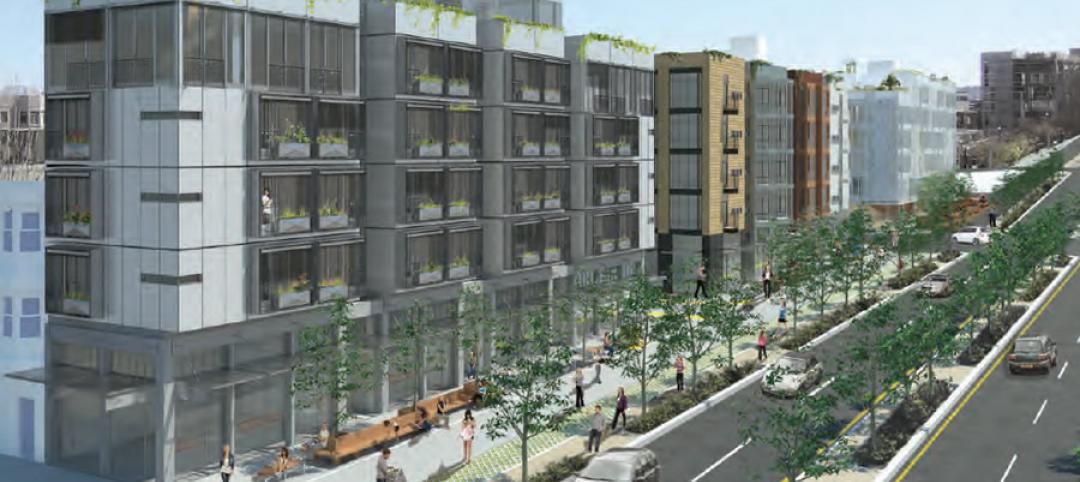Seven years before the COVID-19 pandemic took hold in the U.S. and forever changed how many Americans view their career, work environment, and true value to their employer, the Reddit subreddit r/Antiwork was born, largely as a protest against—and discussion forum about—the mounting pressures everyday workers face in a purely capitalistic society. Bad bosses, low wages, long hours, lack of overtime, dwindling benefits, dead-end positions, ever-demanding customers, meaningless jobs, brutal commutes, to name a few.
Now, nearly two years into the pandemic, the underlying message of r/Antiwork’s forums is ringing truer than ever. The subreddit is one of the fastest-growing and most-active discussion boards on the social media platform, with 1.66 million subscribers, up from a little over 100,000 at the outset of the COVID-19 outbreak.
At its core, r/Antiwork isn’t about abolishing work or people quitting their jobs—although examples of the latter can be seen throughout the feed, with screenshots of dramatic and often humorous text exchanges with supervisors at the moment of resignation. Rather, the subreddit is about empowering the labor force by any means necessary—ask for that raise, negotiate a hybrid work schedule, demand a reasonable workload. If all else fails, be confident enough to walk away for a better opportunity. Don’t settle for the norms that Corporate America has established.
While the architecture profession is not featured prominently in r/Antiwork—lower-paying, hourly jobs like retail, restaurant, and small business positions tend to be the focus—the industry is not immune to the ills that plague American work culture. Architects stand with doctors and lawyers as among the most highly educated and credentialed professionals in the nation. They work long hours, with demanding deadlines and little schedule flexibility—yet with meager pay relative to their peers in the legal and medical professions.
It’s no surprise, then, that signs of the r/Antiwork movement are starting to appear in the architecture field. The most glaring example is at New York City-based SHoP Architects. There, employees of the 135-person firm announced in late December that they are advancing a plan to form a union, citing low pay and long hours. If formalized, the effort would be the first to successfully create a union at a prominent private-sector architecture firm in the U.S., according to the New York Times. At the time of the report, more than half of SHoP’s eligible colleagues had signed cards supporting the union, which would affiliate with the International Association of Machinists and Aerospace Workers.
The Times reported that two other prominent New York firms are following suit. I expect other AE firms to join the movement in the coming months.
Related Stories
| Jun 30, 2014
Narrow San Francisco lots to be developed into micro-units
As a solution to San Francisco’s density and low housing supply compared to demand, local firms Build Inc. and Macy Architecture each are to build micro-unit housing in a small parcel of land in Hayes Valley.
| Jun 30, 2014
Arup's vision of the future of rail: driverless trains, maintenance drones, and automatic freight delivery
In its Future of Rail 2050 report, Arup reveals a vision of the future of rail travel in light of trends such as urban population growth, climate change, and emerging technologies.
| Jun 30, 2014
4 design concepts that remake the urban farmer's market
The American Institute of Architects held a competition to solve the farmer's markets' biggest design dilemma: lightweight, bland canopies that although convenient, does not protect much from the elements.
| Jun 30, 2014
Harvard releases the State of the Nation’s Housing 2014
Although the housing industry saw notable increases in construction, home prices, and sales in 2013, household growth has yet to fully recover from the effects of the recession, according to a new Harvard University report.
| Jun 30, 2014
OMA's The Interlace honored as one of the world's most 'community-friendly' high-rises
The 1,040-unit apartment complex in Singapore has won the inaugural Urban Habitat award from the Council on Tall Buildings and Urban Habitat, which highlights projects that demonstrate a positive contribution to the surrounding environment.
| Jun 30, 2014
Work starts on Jean Nouvel-designed European Patent Office in the Netherlands [slideshow]
With around 80,000 sm and a budget of €205 million self-financed by the EPO, the complex will be one of the biggest office construction sites ever in the Netherlands.
| Jun 30, 2014
Growth of crowdfunding, public-private partnerships among top trends in architecture marketplace
A new report by the American Institute of Architects highlights several emerging trends in the architecture marketplace, including the growth of the P3 project delivery model and designing for health.
| Jun 30, 2014
Report recommends making infrastructure upgrades a cabinet-level priority
The ASCE estimates that $3.6 trillion must be invested by 2020 to make critically needed upgrades and expansions of national infrastructure—and avoid trillions of dollars in lost business sales, exports, disposable income, and GDP.
| Jun 30, 2014
Gen X, not Baby Boomers, spending the most money on homes [infographic]
It turns out that Generation X, who have the highest incomes of the three generations surveyed, are paying the highest home payments and tend to have the largest households.
| Jun 30, 2014
Zaha Hadid's Iraq Parliament complex design marred with controversy
Zaha Hadid's design for the Iraq Parliament was selected, despite placing third in the original RIBA-organized competition.

















